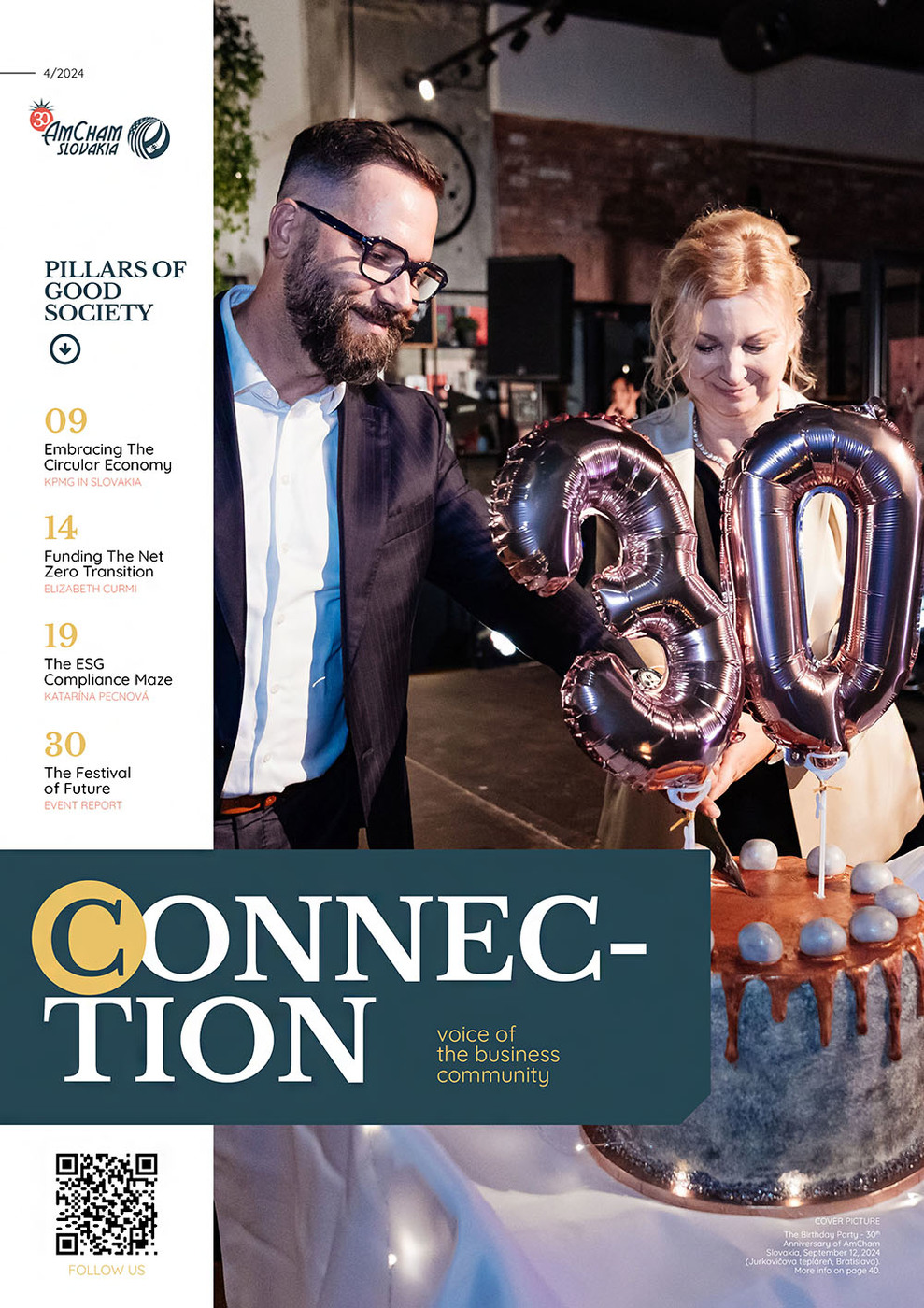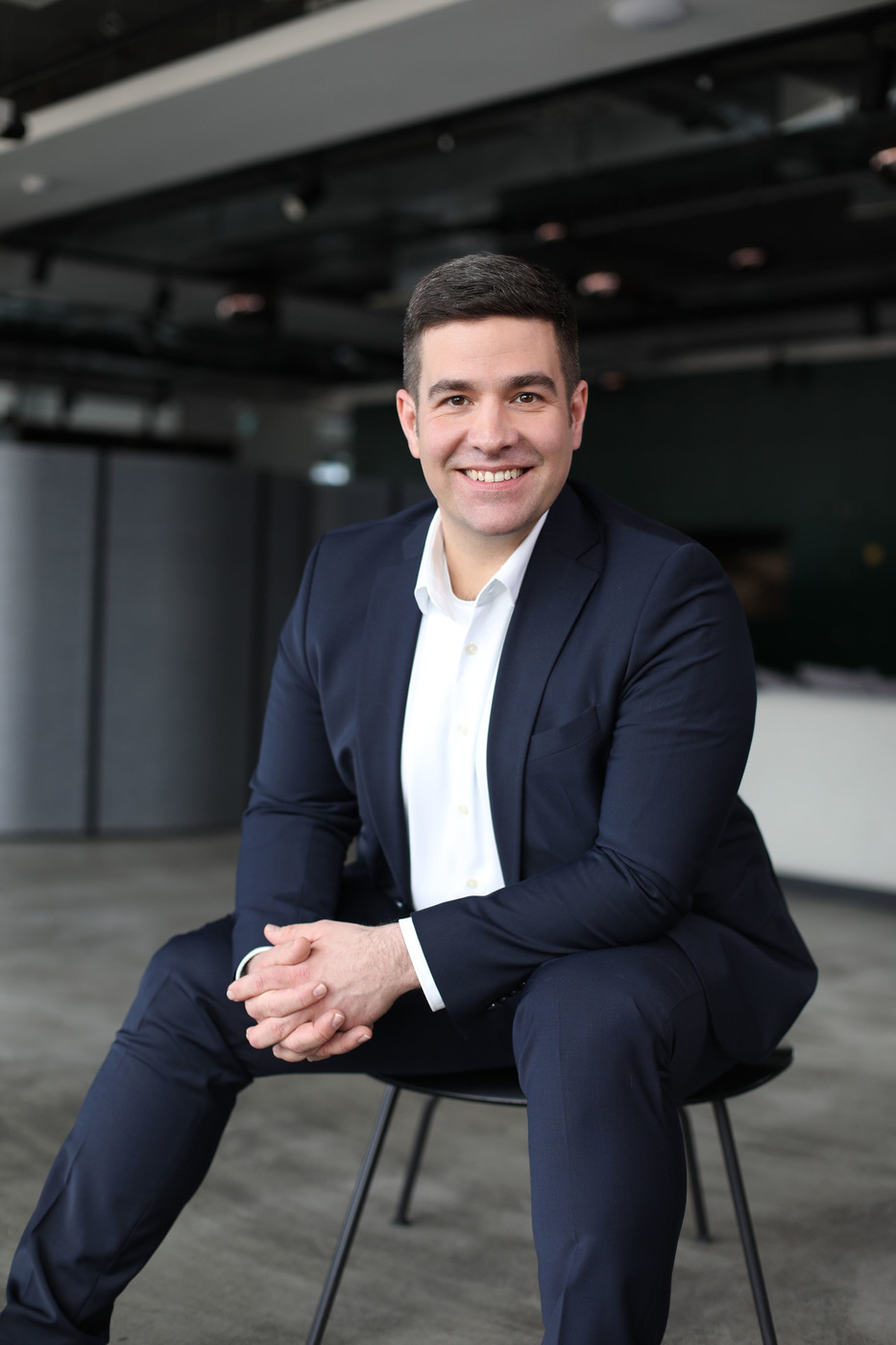How does Crowdberry enable local Slovak companies, to access funding that might otherwise be out of reach?
At Crowdberry, we address the limited availability of investment funds in Slovakia and the constraints of traditional bank financing. We do this by providing private investors direct access to thoroughly vetted companies. Our platform offers investment opportunities typically reserved for institutional funds or banks.
With the recent implementation of the EU’s ECSP regulation, we have streamlined the investment process, reducing minimum investment thresholds, and thus enhancing diversification. Additionally, we have introduced private debt financing as a supplement to bank loans. This enhances access to capital for SMEs that might otherwise struggle to secure it. Our approach helps retain capital within the local economy, fostering domestic growth, job creation, and value creation.
Can you describe the selection process of companies for your platform?
The investment team, including senior partners, conducts an initial evaluation of companies and real-estate projects, assessing quantitative and qualitative factors like the team, market, competition, and financial history. If a company or real-estate asset meets the criteria for anticipated growth and returns, terms are negotiated and reviewed by Crowdberry’s investment committee. Once approved, private investors are presented with the opportunity and invited to invest.
Have your criteria for selecting projects evolved over time?
Our selection criteria have been based on industry best practices from the beginning. However, lessons from past investments have led us to refine the legal agreements with companies to prevent issues disputes like shareholder, which can paralyze decision-making. Since legal agreements can’t cover every possible scenario, we focus heavily on selecting the right team members. Yet, people change, so this risk cannot be entirely eliminated. That’s why diversification is crucial. Crowdberry’s platform is designed to help investors spread their risk across multiple companies, real-estate assets and instruments (equity vs. private debt) that bear various risk-return profiles.
What specific criteria does Crowdberry use during the due diligence process when evaluating potential projects for funding?
Crowdberry’s due diligence process covers multiple areas. Commercial due diligence is led by our internal investment team, supported by industry experts to assess growth potential and impact. For legal, intellectual property, financial, and tax due diligence, we reach out to external specialized professionals, including law firms, auditors, and specialists. In situations that require technological assessment, we consult with experts in the relevant field to evaluate the company’s potential and associated risks.
Have you noticed a growing interest among your investors in supporting companies that are focused on sustainability or have strong ESG practices?
Yes, our investors focus on companies with ESG practices, particularly those with products or services that have a positive impact on society, the environment, or health. Examples include Sensoneo and Terratico for environmental impact, and health-focused companies like SeniorHouse or Glycanostics.
Could you share some examples of successful companies or projects that Crowdberry has helped to fund in the past?
A notable success is Sensoneo, which had €90,000 in revenue and a small team in 2017. Today, it’s a leader in digital waste management, operating on five continents with over €8.5 million in yearly revenue and a team of over 100. Crowdberry’s platform and investors played a key role in its growth and global expansion by providing significant capital in the first rounds of funding. Other notable investments with impact are GymBeam or Footshop in the SME category or real estate projects where our investors realized a significant capital return.
What are some of the most interesting projects or companies currently open for investment on the platform?
All opportunities presented on Crowdberry are carefully selected from diverse segments. A few notable examples are Glycanostics, with its patented technology for early cancer detection; Terratico, which produces stronger concrete using an unprecedented level of 45% recycled plastic; or Flexdog, a Top 3 European sneaker search platform for Gen Z. Investors can also invest in companies like Expandeco, an e-commerce expansion specialist, or become a banker by lending capital to Freshlabels, an e-commerce brand with a strong focus on sustainability in fashion.
Looking ahead, what are Crowdberry’s goals for the next few years?
Crowdberry’s long-term vision remains unchanged - connect companies and real estate with capital and vice versa. In the coming years, we aim to enhance liquidity for investors through an online bulletin board, allowing investors to sell existing investments or loans. This will help promote Crowdberry’s long-term goals - better capital allocation in the economy, supporting a transparent business environment and helping achieve their growth objectives. We will focus on building up the debt financing segment where we see potential for companies and investors. We are also working on implementing tools to boost automation and digitization of the investment process.
Michal Nešpor, Partner, Crowdberry



Follow us